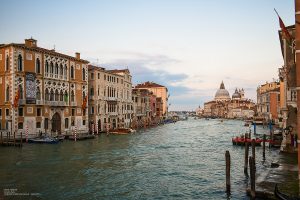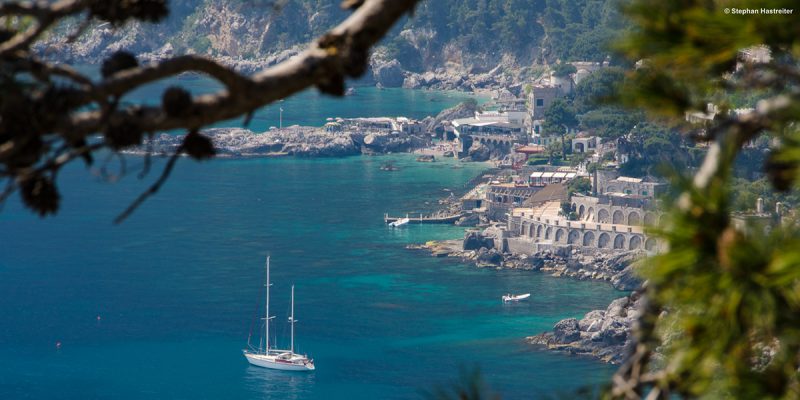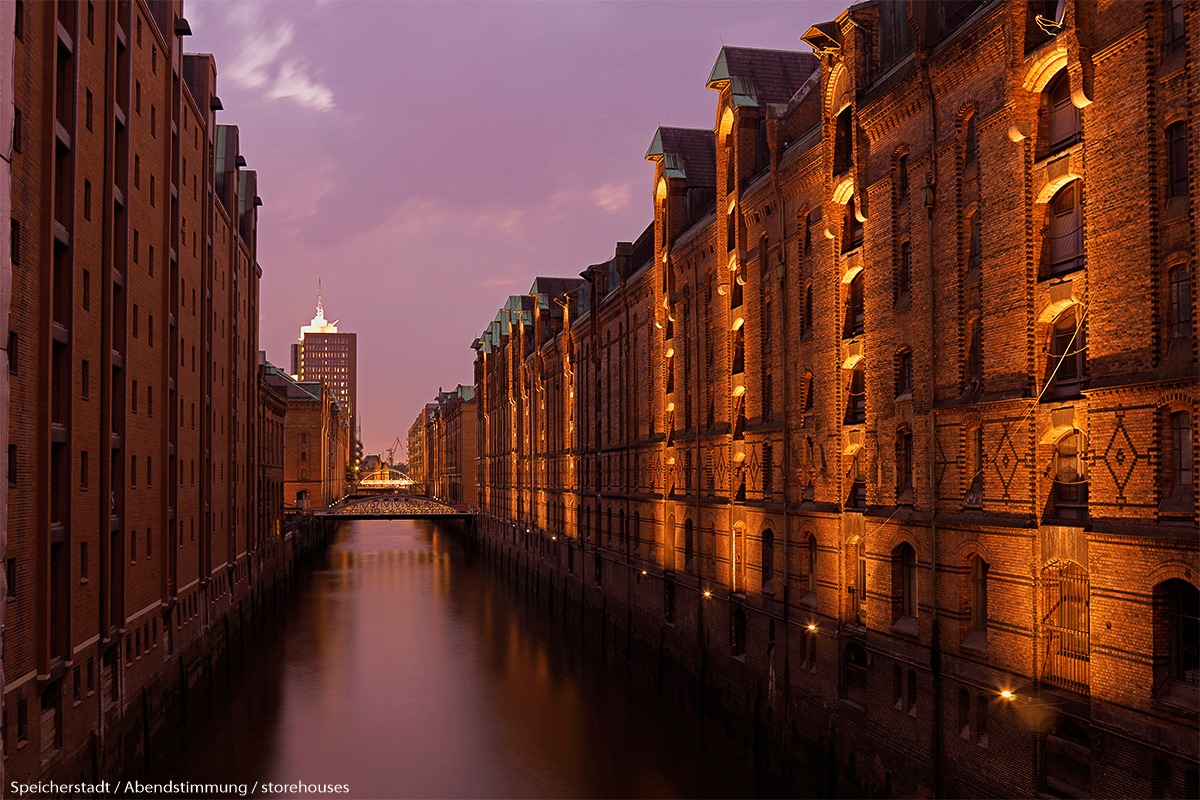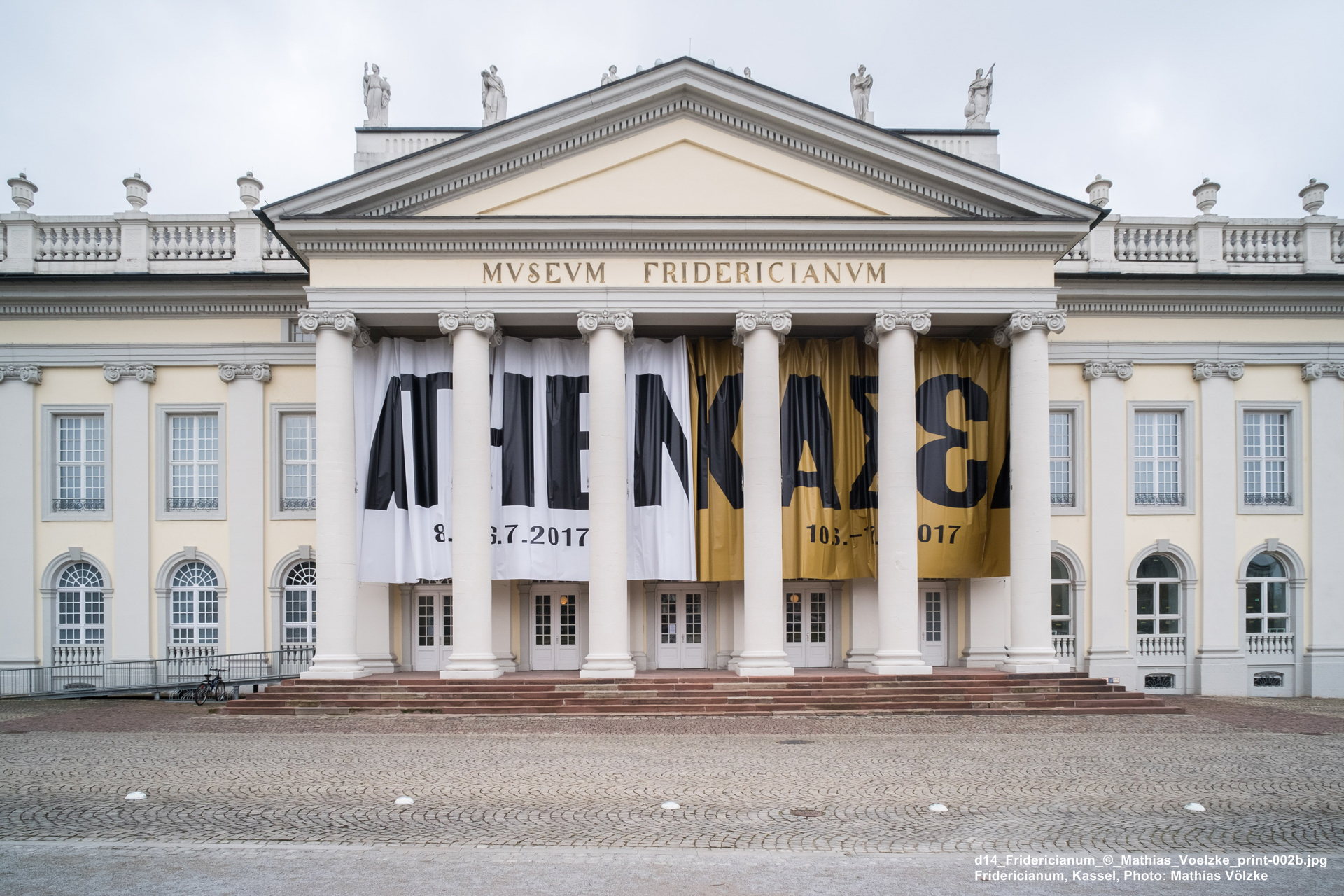Das Tor zur Welt
Hamburg
“The Gate to the World, Hamburg”. With this words, great expectations and many topics to discuss began today the G20 Summit Germany 2017 in Hamburg.

With a short but interesting welcome speach, opened the German Chancellor Angela Merkel in her birth´s city Hamburg, the G20 Summit Germany 2017.
Our task is to shape the interconnected world.
With these words, the Federal Chancellor expressed the focus of Germany’s 2017 G20 presidency agenda.
She spoke about the themes to be treated at the G20, the opportunities and the challenges of this Summit.
She also spoke over the symbolic of the G20 animated Logo. The Reef Knot.
The animated logo stands for the interconnectedness of the various issues. Individual paths join together to form strands and end in a reef knot.
The interconnected world is a world of simultaneity and ever closer connection. It is a challenge for policy makers, but it also expands their possibilities for action.
Our agenda is based on three pillars: Building resilience, improving sustabinability, assuming responsibility. Global prosperity requires strong international cooperation and reliable ties. The chances of everyone benefitting from it have never been greater.
Since time immemorial, seafaring has been a symbol of trade, transformation and encounter. Sailors know the reef knot as a stable and elastic tie. The digital age and the globalised world are marked by increasing diversity and complexity, to which worries and hopes are attached.
Whether animated or static, the reef knot binds even more when traction is high, and it fits Hamburg, a summit venue looking back on a long maritime and thus cosmopolitan tradition. A city which is itself well connected and which seizes the opportunities that the globalised world offers.
The G20 must demonstrate that it stands together. We are mutually dependent on each other – and not only economically and in the area of financial markets. The G20 is an informal cooperative forum founded on shared values. It provides us with a high-visibility framework, promotes our mutual exchange and reinforces our commitment to common principles. We can achieve more together than by acting alone. Stronginternational organisations are indispensable alongside this informal exchange. I want to work with the G20 to promote this.
Angela Merkel, Federal Chancellor.
The G20 Summit in Hamburg, Germany on 7th and 8th July 2017 will be a meeting at the highest level. Its participants will include the world’s major economic players, the two countries with the largest populations in the world, the world’s biggest island country and the most important international institutions on the planet.
The Group of Twenty is comprised of 19 countries plus the European Union. The countries are Argentina, Australia, Brazil, Canada, China, France, Germany, India, Indonesia, Italy, Japan, Mexico, Russia, Saudi Arabia, South Africa, South Korea, Turkey, the United Kingdom and the United States of America.

The Path to Hamburg
During the G20 Presidency, Chancellor Angela Merkel will be conducting a wide-ranging dialogue with civil society. She will be meeting with representatives of the scientific and research community, the private sector and trade unions, women and young people, and non-governmental organisations from the G20 states.
These talks will take various formats and will include the areas of business (Business20), non governmental organisations (Civil20), trade unions (Labour20), science (Science20), think tanks (Think20), women (Women20) and youth (Youth20).
The meetings will be the responsibility of the civil society organisations themselves and will focus on relevant G20 topics, on which the organisations will draft recommendations for the Presidency in cooperation with international partners. The civil society dialogue with the German government is intended to provide an opportunity to discuss ideas and recommendations from the stakeholders involved and follow them up where appropriate.
The G20
The G20 meetings at the level of heads of state and government, owe their existence to the 2008 financial crisis. The G20 finance ministers and central bank governors had been meeting regularly since 1999. In the dramatic early days of the financial crisis in 2008, it quickly became apparent that the necessary crisis coordination would only be possible at the highest political level.
The first G20 summit of heads of state and government was held in 2008 in Washington DC. It set the scene for the most dramatic reform of global finance for over 60 years. At the follow-up sin 2009 in London, the G20 agreed to blacklist states that refused to cooperate on efforts to tackle tax evasion and avoidance. Since then a great many tax havens have cooperated with the G20. In the wake of the 2008 financial crisis, the G20 resolved to impose stricter controls on hedge funds and rating agencies. Institutional reforms included expanding the Financial Stability Forum (FSF) to make it an effective supervisory and watchdog body for the global financial system. It was renamed the Financial Stability Board (FSB).
As a result, the meetings of G20 finance ministers and central bank governors were raised to the level of heads of state and government. Since then, the G20 leaders have met regularly, and the G20 has become the central forum for international economic cooperation.
The G20 constantly considers how to achieve strong, sustainable and balanced global economic growth. Ever since the first G20 summit in Washington DC in 2008, trade has also been an item on the permanent agenda of the G20, since growth and employment are dependent on free global trade. The G20 therefore regularly issues clear statements opposing protectionism and supporting fair terms of competition. As issues concerning the spread of digital technology are increasingly affecting economic growth, this topic will receive special attention under the German Presidency. A digital affairs ministers conference will be organised for the first time within the G20 framework.
G20 resolutions can provide key impetus for the conclusion of binding agreements at the United Nations level. Climate policy is the latest example. After the G7 expressed its commitment to adopting an ambitious world climate agreement in order to limit global warming to a maximum of 2°C, the G20 issued a similar signal in support of this goal. The United Nations Climate Change Conference in Paris in December 2015 adopted a legally binding international climate agreement, which is designed to keep global warming significantly below 2°C. Germany adopted its national climate plan before the conference in Marrakesh was over.

The G20 promotes sustainable development and is working in cooperation with African states to create an enabling environment for investment and infrastructure development. The G20 will be resolute in its endeavours to ensure the rapid and comprehensive implementation of the 2030 Agenda for Sustainable Development, with its global goals for sustainable development, and of the Addis Ababa Action Agenda.
Germany’s G20 Presidency will undertake concrete measures to progress toward this goal and, with this in mind, intends to build on the Action Plan on the 2030 Agenda adopted at the G20 summit in 2016.
The topic of health is also becoming more important for the G20. By way of example, the Ebola crisis resulted in the G20 deciding to devote greater attention to combating dangerous pathogens. Since last year, the issue of antimicrobial resistance has also been on the agenda. In this area work is under way to agree on the appropriate use of antibiotics as well as to coordinate on incentives for improved research and development in this regard.
The G20 also seeks to improve women’s economic empowerment. The G20 thus agreed on the goal of improving labour force participation among women and reducing the gap that still exists in this respect between men and women by 25% by 2025. Germany’s G20 Presidency will build on that and focus on improving the quality of women’s employment.
The German G20 Presidency will also work to remove the existing barriers which prevent women from gaining access to information and communications technology in developing countries and to improve education and employment prospects in the field of ICT.
With a view to combating international terrorism, the G20 states have decided among other things to dry up channels of terrorist financing by means of closer cooperation and improved exchange of information.
Germany also wants to use its G20 Presidency to discuss other key global problems, above and beyond the main issues of economic, financial, climate, trade, employment and development policy. Migration and refugee flows and counter-terrorism are, for example, issues of global significance.
In the run up to the G20 summit, numerous meetings of relevant ministers will take place, in which the individual G20 topics will be treated in more depth. To this end, the ministers responsible for finance, foreign affairs, labour, health, agriculture and information technology will meet.

Economic affairs.
The strongest economies
The G20 countries produce around 80 percent of global economic output in terms of gross domestic product (GDP) adjusted for purchasing power parity. In 2015, China’s GDP was around 19.7 billion international dollars when adjusted for purchasing power parity. This makes China the largest economy in the world, followed by the United States, India and Japan. Germany was in fifth place, at 3.9 billion international dollars.
Global trade.
The most successful exporting countries
G20 countries account for three‑quarters of global trade. China, the United States, Germany and Japan are the four largest exporting countries in the world. Of the 20 countries with the largest volume of exports worldwide, 15 are members of the G20.
People.
The countries with the largest populations
Around two‑thirds of the global population live in the G20 member countries. China, the country with the largest population in the world, has approximately 1.38 billion inhabitants, closely followed by India, which has a population of 1.3 billon. The United States, Indonesia and Brazil are next in the list. Germany is in seventeenth place.
Surface area.
The largest countries
Russia is the largest country in the world in terms of surface area. Its some 144 million inhabitants live in an area of around 17 million square kilometres. Indonesia is the world’s largest island country. It is spread across 17,508 islands. Brazil is both the largest and the most populous country in South America, with a population of over 200 million.
Partners.
Key international institutions
At the invitation of each Presidency, international organisations also regularly attend the G20 meetings. These organisations include the International Labour Organization (ILO), the International Monetary Fund (IMF), the Financial Stability Board (FSB), the World Bank (WB), the World Trade Organization (WTO), the Organisation for Economic Cooperation and Development (OECD) and the United Nations (UN). The German G20 Presidency has also invited the World Health Organization (WHO) in 2017.
Participation.
The most important guests
Spain attends the G20 Summits as a permanent guest. The Presidency can also invite representatives of regional organisations and guests to the G20 Summit. The German Presidency has invited Norway, the Netherlands and Singapore as partner countries to the G20 process, as well as the African Union (AU), represented by Guinea, the Asia‑Pacific Economic Cooperation (APEC), represented by Vietnam, and the New Partnership for Africa’s Development (NEPAD), represented by Senegal.
A strong City on the Water
Hamburg is an excellent choice and ideal venue to host the G20 Summit.The north German metropolis has a lot to offer – major event or not. Due to its port, which is located right in the heart of the city, Hamburg has had trade relations with much of the world for centuries and may rightly pride itself on being a cosmopolitan and international city.
The Free and Hanseatic City of Hamburg – the official name of Germany’s second biggest city – is also one of the Federal Republic’s 16 federal states or Länder. Situated in the north of the country, it is one of the most popular travel destinations in Germany. Every year, Hamburg welcomes over six million visitors.
Roughly 1.8 million people live in the metropolis on the water, which is the heart of a metropolitan area that is home to over five million people. Life in the city is marked by two rivers: the mighty River Elbe with Europe’s third-largest port and the smaller River Alster that was dammed up to create a lake in the city centre.
Hamburg is considered one of the most beautiful cities in Germany. At the same time it is an economic powerhouse with the highest per-capita gross national product of all 16 Länder.

The Port of Hamburg is over 800 years old. January 2017 has seen the inauguration of its latest landmark, the Elbphilharmonie Hamburg [Elbe Philharmonic Orchestra], which is set to become one of the best concert halls in the world. Its wave-like roof is visible not only in the port, but from anywhere in the city. Three concert halls, each with state-of-the-art acoustics, and a publicly accessible 37-metre high plaza will be officially opened on 11/12 January 2017. The
Elbphilharmonie is located right on the water, in the heart of the harbour.
On 7th July, Hamburg Philharmonic State Orchestra under the baton of Kent Nagano performed Beethoven’s Ninth Symphony in the Grand Hall of the Elbphilharmonie for guests of the summit – the soloists are Christiane Karg (soprano), Okka von der Damerau (mezzosoprano), Klaus Florian Vogt (tenor) and Franz-Josef Selig (bass).
It’s most likely Hamburg’s best known city district: St. Pauli. On and around the Reeperbahn it’s party time at the weekends well into the early morning hours. At the beginning of the 1960s a no-name band from Liverpool performed there, who went on to achieve international fame as the Beatles. Today, St. Pauli boasts the highest density of live clubs in Europe.
Hamburg is a good place to hold these talks. It says in the Preamble to the Constitution of our City-State: “In the spirit of peace Hamburg wants to be an intermediary between all continents and peoples of the world.” It is not only thanks to the port, located right in the centre of the city, that Hamburg has for centuries had good relations the world over and why it rightly has a reputation for being a cosmopolitan and international city. Hamburg is an economic powerhouse – and a city of hope for many people from across Germany and around the world. It is one of Germany’s most popular tourist destinations.
I would like to invite you all to come and discover Hamburg in all its creativity and diversity.
Olaf Scholz, First Mayor,
Free and Hanseatic City of Hamburg
©G20
7th – 8h July, Hamburg.
Shaping an interconnected World
FG ART & TRAVEL INTERNATIONAL












